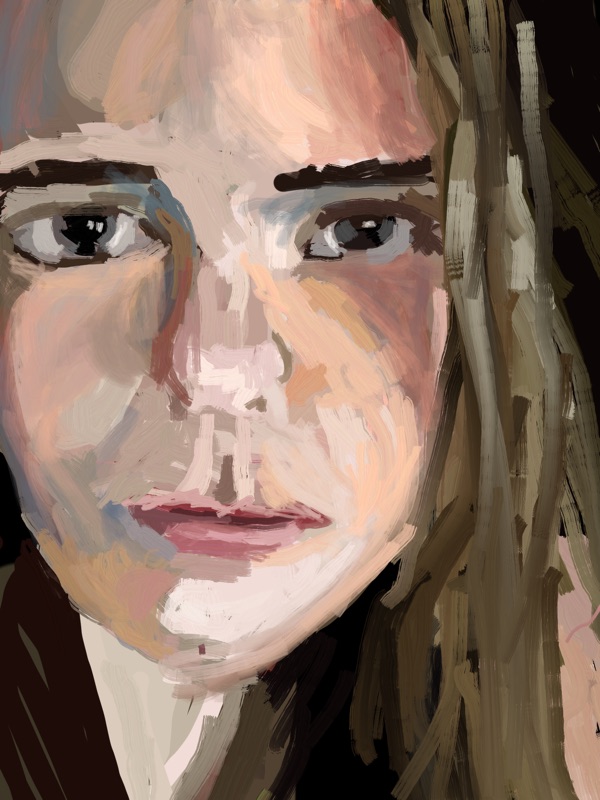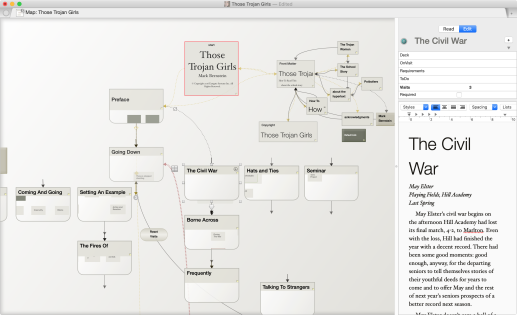
About the Reader
Dene Grigar is Professor and Director of The Creative Media & Digital Culture Program at Washington State University Vancouver whose research focuses on the creation, curation, preservation, and criticism of Electronic Literature, specifically building multimedial environments and experiences for live performance, installations, and curated spaces; desktop computers; and mobile media devices. She has authored 16 media works such as “Curlew” (2014), “A Villager’s Tale” (2011), the “24-Hour Micro E-Lit Project” (2009), “When Ghosts Will Die” (2008), and “Fallow Field: A Story in Two Parts” (2005), as well as 55 scholarly articles and four books. She also curates exhibits of electronic literature and media art, mounting shows at the British Computer Society and the Library of Congress and for the Symposium on Electronic Art (ISEA) and the Modern Language Association (MLA), among other venues. With Stuart Moulthrop (U of Wisconsin Milwaukee) she developed the methodology for documenting born digital media, a project that culminated in an open-source, multimedia book, entitled Pathfinders (2015), and book of media art criticism, entitled Traversals (2017), for The MIT Press. She is President of the Electronic Literature Organization, Associate Editor of Leonardo Reviews and Literary Studies in the Digital Age (LSDA), and a series editor for Electronic Literature, with Bloomsbury Press. In 2017 She was awarded the Lewis E. and Stella G. Buchanan Distinguished Professorship by her university. She also directs the Electronic Literature Lab at WSUV.
Grigar will be curating the exhibit, “Tear Down the Wall: The Art and Science of Hypertext,” at the 2019 ACM Hypertext Conference taking place 17–20 September 2019 at Hof University, Germany.



